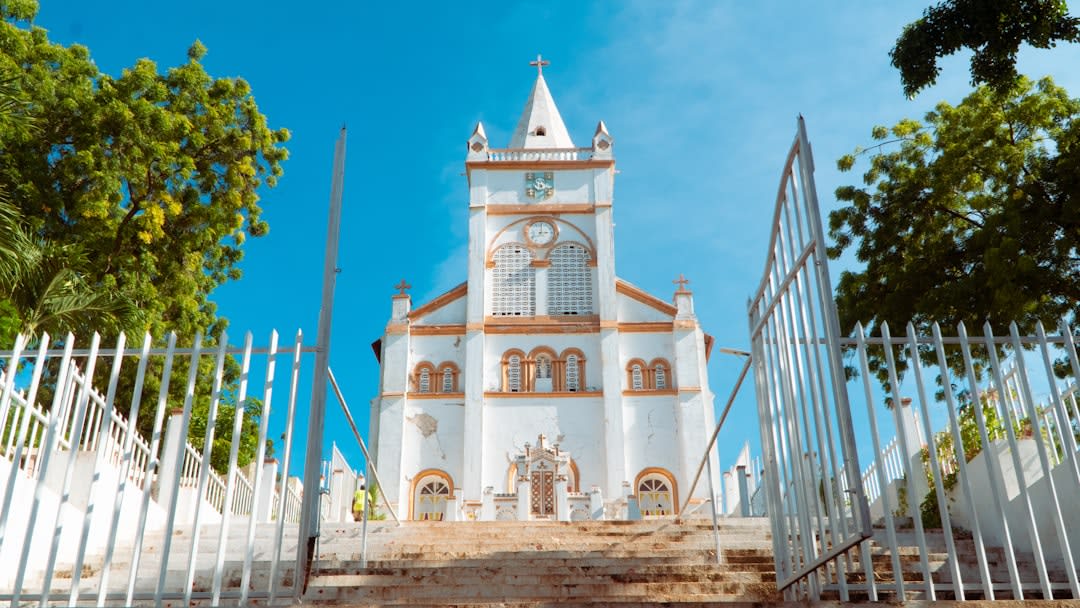Haiti's Crisis: An Alarming Intersection of Politics and Criminality
3 min read

The Caribbean nation of Haiti is no stranger to turmoil, but the current crisis gripping the country has reached unprecedented levels. As criminal gangs tighten their hold on the capital, Port-au-Prince, and violence escalates, the situation is rapidly spiraling into a humanitarian and political catastrophe that demands global attention.
A Nation Under Siege
Haiti's capital, besieged by a coalition of criminal gangs, is on the brink of collapse. These gangs have seized control over vast swathes of the city, effectively rendering the government powerless in large areas. The violence has forced over a million people to flee their homes, accounting for nearly 10% of the nation’s population. The staggering number of internally displaced persons is a testament to the severity of the crisis. By the end of 2024, the country recorded 5,601 murders—a figure that marks an alarming increase from the previous year and positions Haiti as having one of the highest homicide rates globally.
Historical Context: A Cycle of Instability
Haiti's current crisis is rooted in a complex web of historical, political, and social issues. With a history marked by foreign intervention, natural disasters, and political instability, it has struggled to establish a stable governance framework. The assassination of President Jovenel Moïse in July 2021 was a significant flashpoint, plunging the nation into deeper chaos and leaving a power vacuum that criminal gangs have exploited.
The international community has often turned a blind eye to Haiti’s plight, intervening sporadically and without the sustained commitment required to effect meaningful change. Despite efforts by the United Nations and other global entities to stabilize the region, Haiti has continued to face challenges in governance, economic development, and security.
The Role of Gangs
The rise of gang violence in Haiti is not a new phenomenon, but the current level of organization and control these criminal groups exert is unprecedented. These gangs are not merely opportunistic; they are deeply rooted in the country's socio-political fabric, often providing services and security in areas where the state has failed. This has allowed them to garner a degree of legitimacy among local populations, complicating efforts to dismantle their power.
International Implications
The crisis in Haiti has far-reaching implications beyond its borders. The instability threatens to destabilize the region, potentially leading to increased migration as desperate Haitians seek refuge in nearby countries. The Caribbean, already grappling with its own socio-economic challenges, may find itself strained by an influx of refugees.
The international community must recognize that the situation in Haiti is not merely a domestic issue but a regional crisis with global implications. Concerted efforts are needed to address the root causes of instability, including poverty, corruption, and political dysfunction.
Conclusion: The Path Forward
The path to peace and stability in Haiti is fraught with challenges, but it is not insurmountable. It requires a multi-faceted approach that combines immediate humanitarian aid with long-term strategies for political and economic reform. The international community must engage with Haiti in a sustained and meaningful way, supporting local institutions and fostering conditions for stable governance and development.
In the words of Haitian proverb, "Men anpil chay pa lou"—many hands make the load lighter. It is a call to action for the global community to join hands in supporting Haiti through this crisis. Only through collective effort can we hope to see a brighter future for this resilient nation.
Source: Haiti is in a Political and Criminal Crisis that Should Not be Ignored
